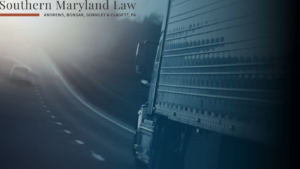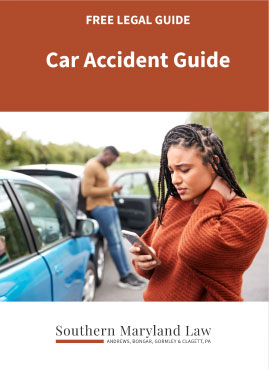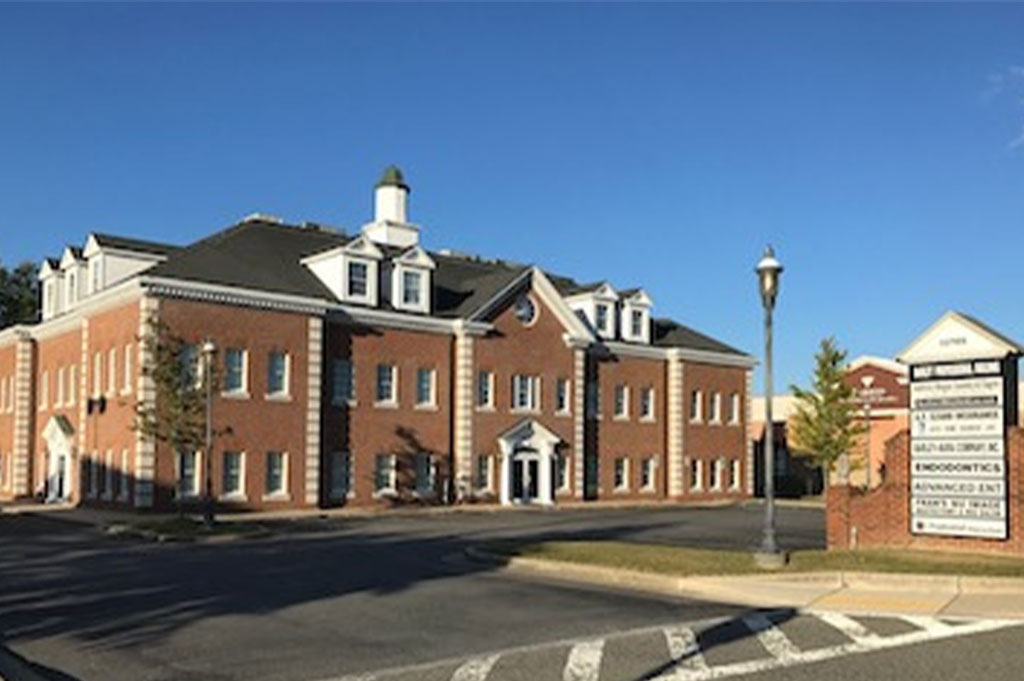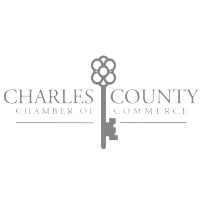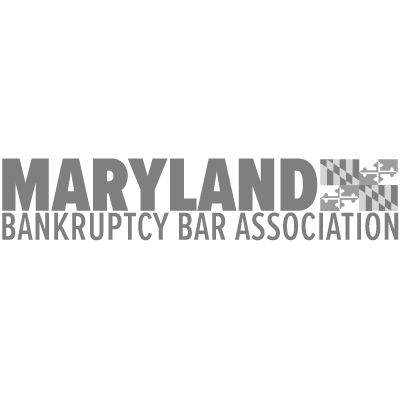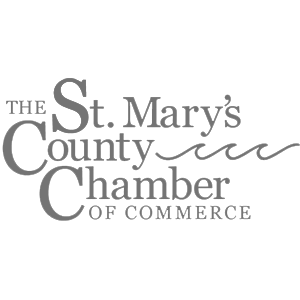Injuries sustained during truck accidents can be much more severe than injuries from other accidents. As a result, truck accident compensation payouts are often larger and more challenging to obtain. Unfortunately, the high stakes give at-fault parties and their insurance companies a huge incentive to vigorously fight against liability and shift blame where possible. The complex nature of the trucking industry and the many potentially accountable parties involved add to the complicated nature of truck accident compensation claims. To obtain just compensation, you need the best attorneys on your side.
The Waldorf truck accident lawyers at Southern Maryland Law know how to get victims of truck accidents the compensation they deserve.
Am I Entitled to Financial Compensation for My Truck Accident?
To assess your legal rights following a Southern Maryland truck accident, the first step is to determine the cause (or causes) of the collision. A lot can go wrong with an 18-wheeler, tractor-trailer, or other large commercial truck. This can make proving liability a challenge.
At Southern Maryland Law, we have extensive experience handling truck accident investigations. Our truck accident lawyers in Waldorf rely on the advice and insights of investigators, accident reconstructionists, and engineers who offer decades of expertise.
When you contact us, our first priority will be to conduct an exhaustive investigation. We will immediately begin gathering the evidence we need to establish liability.
Some of the most common causes of commercial truck accidents include:
- Truck malfunctions (i.e., tire and brake failures);
- Truck maintenance issues (i.e., failing to replace burnt-out bulbs or repair a failing transmission);
- Truck cargo issues (i.e., failing to properly secure cargo or overloading the truck);
- Truck driver negligence (i.e., distracted driving, drunk driving, speeding, tailgating, falling asleep behind the wheel, and other common driving mistakes); and
- Trucking company negligence (i.e., hiring an inexperienced driver or forcing a driver to spend too many hours behind the wheel).
Of course, it is also possible that non-truck-related factors may have played a role. For example, maybe the truck driver lost control because of a pothole or low shoulder. Or maybe another driver cut the truck driver off, leaving him or her with nowhere to go.
At Southern Maryland Law, our truck accident attorney will work to identify all of the factors involved in your (or your loved one’s) truck accident, and we will fight to make sure that all liable parties are held accountable.
Proving Truck Accident Liability
Determining liability after a truck accident in Maryland involves determining who is at fault for the crash. A party is at fault for a trucking accident if their acts or omissions are negligent or reckless and cause the injuries suffered during the accident.
As the plaintiff, you must prove four elements to establish negligence after an accident in Maryland. These elements include:
- The defendant had a duty toward you;
- The defendant breached their duty;
- You suffered an injury for which damages can be paid; and
- The defendant’s breach caused those injuries.
If a defendant was violating Maryland’s traffic code or any other Maryland law, you might be able to prove fault based on negligence per se. To prove negligence per se, you must show:
- The defendant violated a statute or regulation;
- That statute or regulation is intended to prevent the injury you suffered; and
- You are among the group of people the statute or regulation is intended to protect.
After establishing a negligence per se claim, you must still prove an injury and causation.
Another hurdle could be Maryland’s strict contributory negligence laws. Under Maryland’s demanding standards, a plaintiff can not recover damages if a jury finds them to bear any percentage of fault for the accident. In other words, if you are even 1% at fault for an accident in Maryland, you can not recover any compensation.
Due to the difficulty of proving fault, working with an experienced truck accident attorney in Waldorf, MD, is critical if you are injured in a crash.
Who Can Be Held Liable?
Once we identify the factors involved in your truck accident, then we can determine who is liable. While truck accident cases often involve claims against the trucking company that owns the truck, there are several other possible defendants.
Depending on the circumstances involved, to recover your losses we may file claims against:
- The trucking company
- The shipping company
- The truck driver
- The truck manufacturer
- A dealership or maintenance shop
- Another driver
- The Maryland State Highway Administration or a local road authority
Our experienced Waldorf semi-truck accident attorney can help you identify the liable parties and all potential sources of compensation.
Compensation For Truck Accident Injuries
In general, people injured in trucking accidents can obtain three types of compensation in Maryland. You can seek economic damages, non-economic damages, and punitive damages.
Economic Damages
Economic damages are designed to compensate a victim for the monetary costs of their injuries. Typical forms of economic damage include the following:
- Past and future medical expenses,
- Past and future lost wages,
- Compensation for permanent disabilities,
- Cost of repairing damaged property, and
- Replacement costs for damaged property.
Usually, these damages are easily quantifiable because all you have to do is add up receipts, invoices, and pay stubs.
Non-Economic Damages
Non-economic damages compensate victims for injuries that are not easily quantifiable. In Maryland, the amount of non-economic damages you can recover is capped by statute. This form of damages includes:
- Pain and suffering,
- Loss of consortium,
- Loss of enjoyment of life, and
- Loss of support.
Because these losses are intangible and subjective, they are not nearly as easy to calculate. However, a seasoned attorney knows how to assess their value in your case.
Punitive Damages
Punitive damages punish defendants for egregiously wrongful behavior. There is a high bar to obtaining punitive damages in Maryland, and courts do not award punitive damages in most cases.
The Waldorf truck accident attorneys at Southern Maryland Law can help you understand what compensation might be available in your case.
Statute of Limitations
In Maryland, you typically have three years from the accident date to file a lawsuit. Under special circumstances, the timeframe to file a lawsuit is extended. For example, family members of someone killed in a trucking accident have three years after the death of their family member to file a lawsuit. Such a claim is not based on the accident date, which can be much earlier. Maryland courts immediately dismiss lawsuits filed after the statute of limitations has expired.
